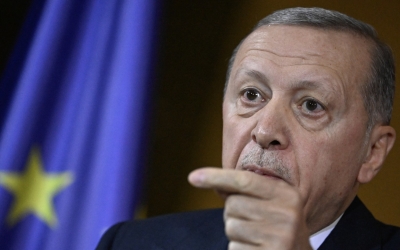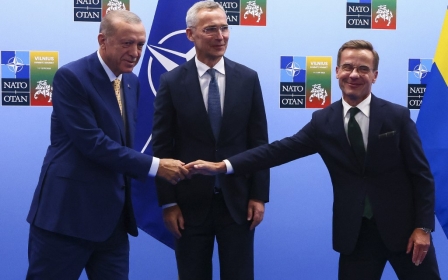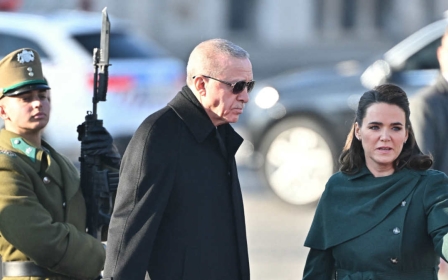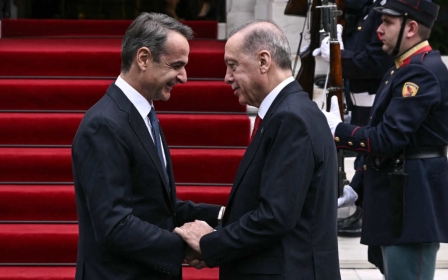Turkey's Erdogan signs off on Sweden's membership to Nato
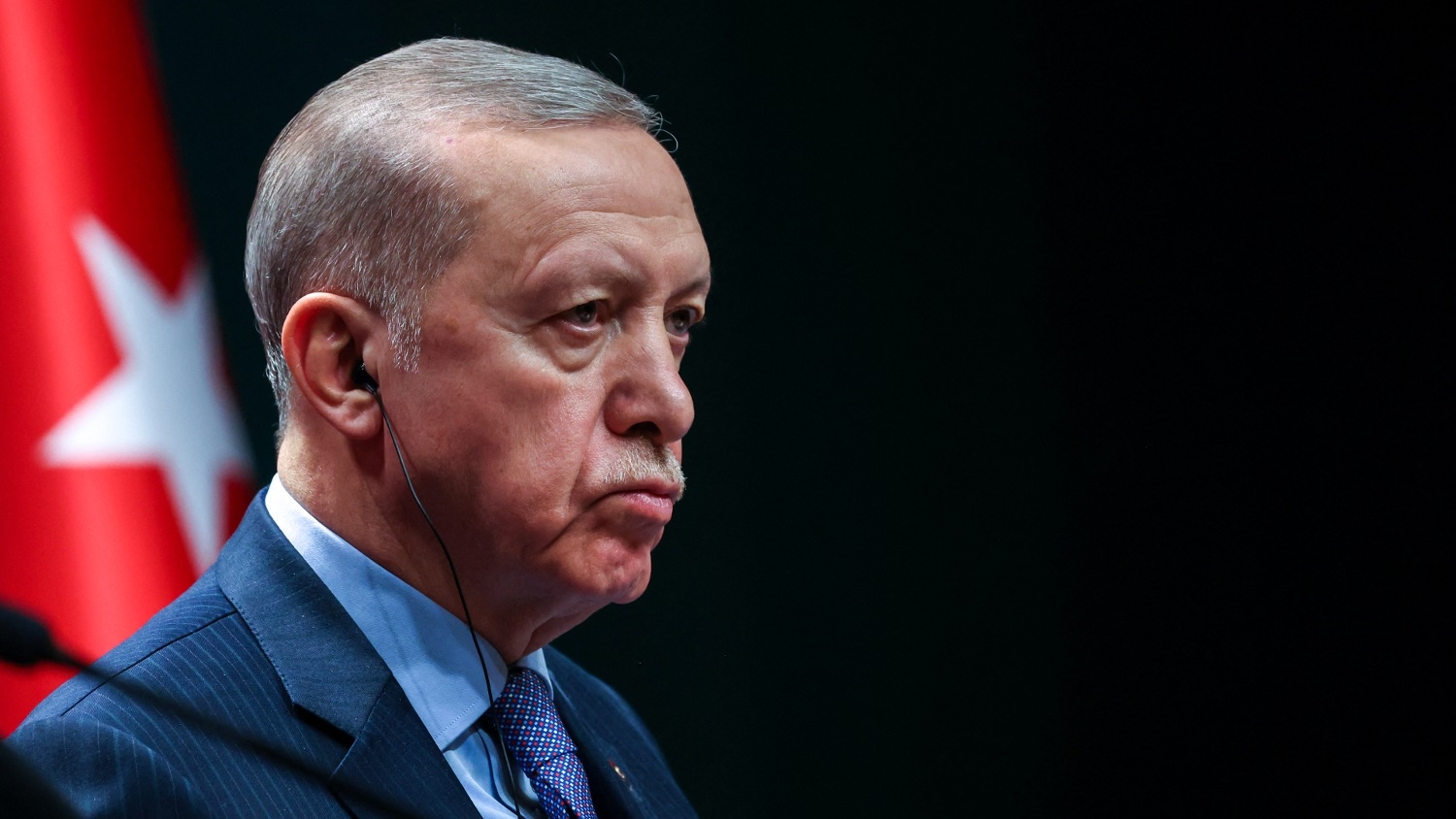
Turkey's President Recep Tayyip Erdogan signed off on Sweden's bid for Nato accession on Thursday after the Turkish parliament ratified Sweden’s membership of Nato on Tuesday, after years of heated negotiations and obstacles to the country joining the military alliance.
The decision has been published in the presidency's 'official gazette', making it official.
The majority of Turkish MPs voted for Sweden's bid this week, including members of the main opposition, the Republican People’s Party (CHP).
Finland and Sweden’s requests to join Nato in 2022, sparked off by Russia's invasion of Ukraine that year, were blocked for many months and years by Turkey, which accused them of failing to crack down on groups considered terrorist organisations, particularly members and sympathisers of the outlawed Kurdistan Workers' Party (PKK).
Ankara later approved Finland’s bid but has repeatedly blocked Sweden’s accession, citing Quran-burning protests by far-right activists in the country, and demonstrations against Turkey and President Recep Tayyip Erdogan.
New MEE newsletter: Jerusalem Dispatch
Sign up to get the latest insights and analysis on Israel-Palestine, alongside Turkey Unpacked and other MEE newsletters
The ratification on Tuesday leaves just Hungary’s parliament needing to ratify the Swedish bid to finalise the Nato accession. Hungarian Prime Minister Viktor Orban said on Tuesday that he would invite his Swedish counterpart to Budapest for further negotiations on the issue.
Erdogan in December said that Ankara could move forward with Sweden’s bid if the US finalised a sale package of F-16 fighter jets to Turkey, as well as the removal of an arms embargo by Canada.
US President Joe Biden's administration repeatedly said that it would support Turkey’s purchase request, but that Capitol Hill, especially the US Senate, could block it if Ankara did not finally approve the Swedish bid.
US ambassador to Turkey Jeff Flake said on Thursday that he expects Congress to work rapidly to endorse a $20bn sale of F-16 fighter planes to Ankara once President Erdogan has given the official sign-off on Sweden's Nato membership.
The deal would include modernisation kits for older planes and new aircraft deliveries.
Flake said in an interview with Reuters that once the formal ratification document for Sweden's Nato bid is received in Washington, the State Department will immediately send Congress notification of the F-16s sale.
"I see no reason why, with the parliament having acted here, that Turkey would wait," he said. "So I would expect as soon as that is conveyed to Washington, then congressional notification [of the F-16 sales] will happen."
The ambassador said that he has been speaking with the chairs of the US House and Senate Foreign Relations Committees.
While Erdogan has staked out a different position to the West over the war in Gaza, he has tried to mend fences with regional states and recently made a historic visit to Greece, Turkey's longtime rival in the Eastern Mediterranean.
Democratic Senator Ben Cardin, who took over as chair of the powerful Senate Foreign Relations Committee from noted Turkey critic Robert Menendez, said in October that Sweden's Nato bid was just one of several issues he would look at, along with how Turkey "uses the F-16s".
Meanwhile, Congressman Gregory Meeks, the ranking member of the House Foreign Relations Committee, has said he would like to see a "de-escalation of tensions in the Aegean", in addition to Sweden's accession.
The House and Senate Republican leaders on the committees have generally been more supportive of the sale.
Middle East Eye delivers independent and unrivalled coverage and analysis of the Middle East, North Africa and beyond. To learn more about republishing this content and the associated fees, please fill out this form. More about MEE can be found here.


